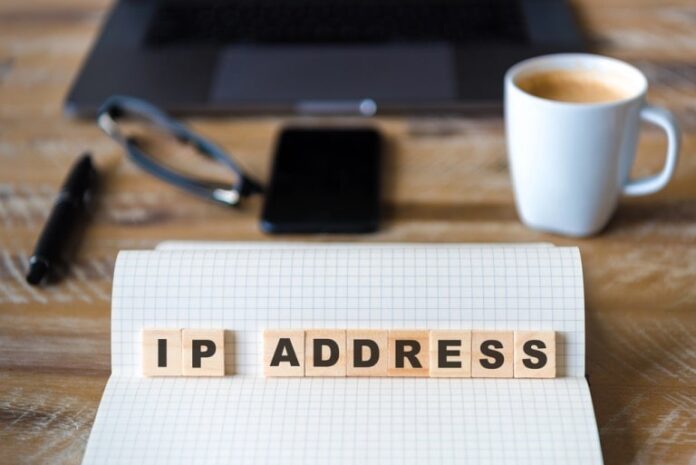As we spend more time online, maintaining privacy while browsing the internet has become more critical than ever. Whether you’re shopping online, streaming your favorite shows, or just catching up on social media, websites constantly track your activity.
One of the key pieces of information they collect is your IP address. Your IP address is like your digital home address, revealing your location and potentially exposing your personal information to unwanted eyes.
Thankfully, there are several effective ways to prevent websites from seeing your IP address and protect your privacy.
Use a Virtual Private Network (VPN)
A Virtual Private Network, or VPN, is one of the most popular and effective tools for hiding your IP address. When you use a VPN, your internet traffic is routed through a server located in a different place, effectively masking your real IP address with one from the VPN server.
For example, if you are browsing from New York, you can use a VPN to make it appear as though you are browsing from London, Tokyo, or any other location offered by the VPN service. This not only hides your actual IP address but also allows you to access content that may be restricted in your geographical area.
Using a VPN is straightforward. Here’s a simple guide to get you started:
- Choose a Reputable VPN Provider: There are many VPN services available, both free and paid. It’s worth investing in a reputable paid service as they typically offer better security, faster speeds, and more locations to choose from.
- Download and Install the VPN Software: Once you’ve selected a VPN provider, download and install their software on your device. Most VPN services offer applications for both desktop and mobile devices.
- Connect to a Server: Open the VPN application and connect to a server. Choose a server location based on your needs – whether you want to appear as though you’re browsing from a different country or just want to pick the fastest available server.
By using a VPN, your internet activity is encrypted, and your IP address is hidden, providing a significant boost to your online privacy.
Use a Proxy Server
Another method to conceal your IP address is by using a proxy server. A proxy server acts as an intermediary between your device and the websites you visit. When you use a proxy, your internet traffic goes through the proxy server first, which then forwards your requests to the website. The website only sees the IP address of the proxy server, not your real IP address.
While proxies can be useful, they don’t offer the same level of security and encryption as VPNs. However, they can be a good option for less sensitive activities like bypassing content restrictions.
To use a proxy server, follow these steps:
- Find a Reliable Proxy Service: There are numerous proxy services available online, both free and paid. Free proxies can be less reliable and slower, so consider using a paid service for better performance.
- Configure Your Device: Depending on the proxy service, you may need to manually configure your device’s internet settings to use the proxy server. Most proxy services provide detailed instructions on how to do this.
Use Tor Browser
The Tor Browser is a free tool that allows you to browse the internet anonymously. Tor, which stands for The Onion Router, routes your internet traffic through multiple servers (or nodes) around the world before reaching its final destination. This process effectively hides your IP address and makes it extremely difficult for anyone to trace your online activity back to you.
Here’s how to get started with Tor:
- Download and Install Tor Browser: Visit the official Tor Project website and download the Tor Browser. It’s available for Windows, macOS, Linux, and Android.
- Start Browsing Anonymously: Open the Tor Browser and start browsing. Your internet traffic will be automatically routed through the Tor network, hiding your IP address and encrypting your data.
While Tor provides excellent anonymity, it can be slower than other methods due to the multiple layers of encryption and routing.
Use Public Wi-Fi
Using public Wi-Fi can be a quick and easy way to hide your IP address, as your internet activity will be associated with the IP address of the public Wi-Fi network rather than your personal device. However, public Wi-Fi networks are often less secure, making you vulnerable to other types of cyber threats.
When using public Wi-Fi, take the following precautions:
- Avoid Sensitive Activities: Refrain from accessing sensitive accounts or conducting financial transactions over public Wi-Fi.
- Use HTTPS Websites: Ensure that the websites you visit use HTTPS encryption to protect your data.
- Use a VPN: For added security, consider using a VPN while connected to public Wi-Fi.
Conclusion
Protecting your IP address is an essential step in maintaining your online privacy. By using tools like VPNs, proxy servers, and the Tor Browser, you can effectively hide your IP address and keep your personal information secure.
Each method has its pros and cons, so consider your specific needs and choose the solution that best fits your lifestyle. Remember, taking these steps not only protects your privacy but also enhances your overall internet security.
